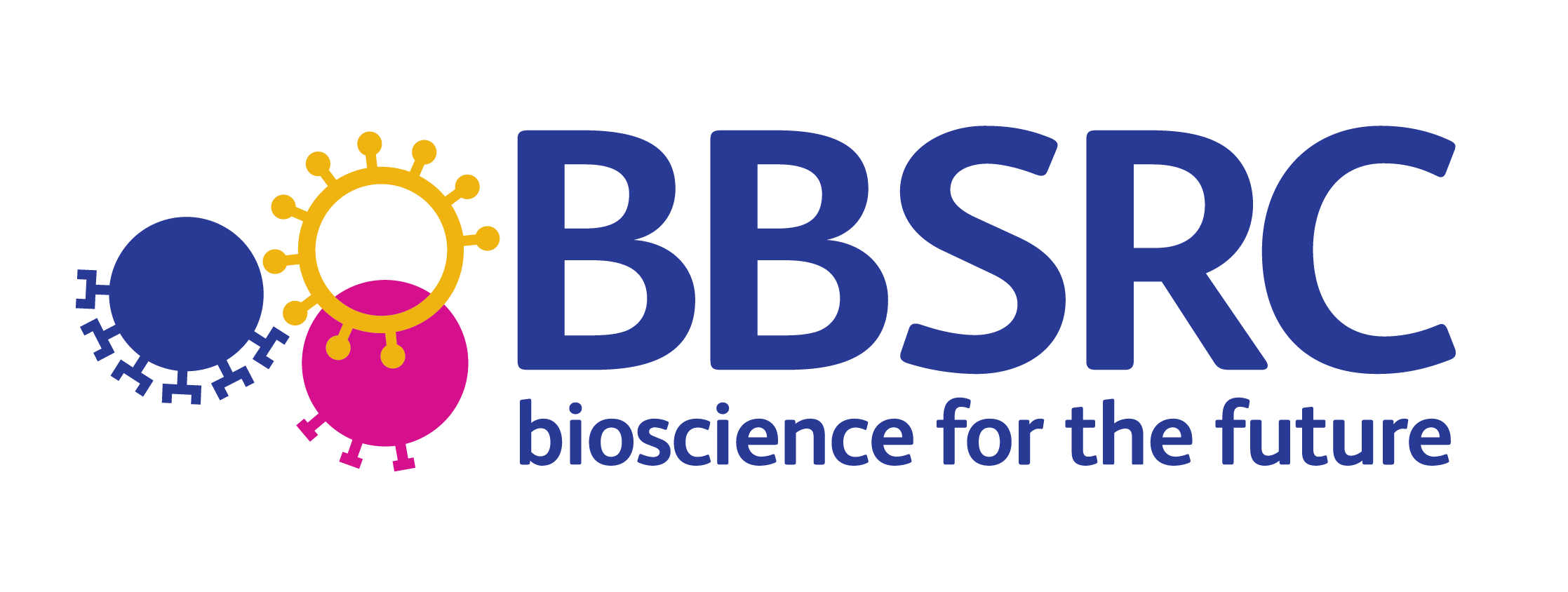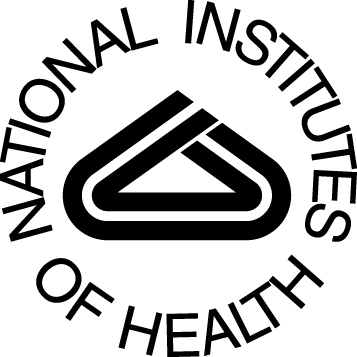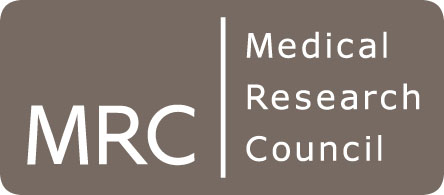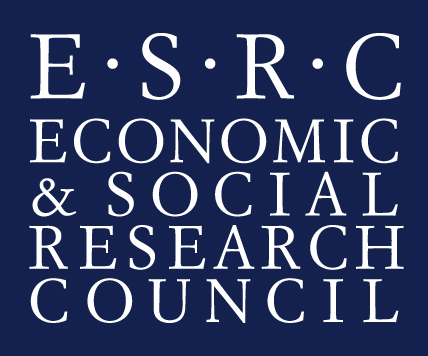Most European languages in danger of digital extinction
2012-09-26
More than 20 European languages face digital extinction because of a lack of technological support, a study by Europe's leading language technology experts has found.
Scientists from NaCTeM were part of a European team of researchers who concluded that digital assistance for 21 of the 30 languages investigated is 'non-existent' or 'weak' at best.
The report coincides with the European Day of Languages [SEPTEMBER 26], a day which recognises the importance of fostering and developing the rich linguistic and cultural heritage of our continent.
Languages spoken by a small number of people could be at risk because they do not have technological support, the report by META-NET, a European network of excellence that consists of 60 research centres in 34 countries, including NaCTeM, found.
Icelandic, Latvian, Lithuanian and Maltese are at the highest risk of disappearing, while other languages such as Bulgarian, Greek, Hungarian and Polish are also at risk. The study has concluded that 21 out of 30 European languages could become extinct in the digital world.
The study, prepared by more than 200 experts and documented in 30 volumes of the META-NET White Paper Series, assessed language technology support for each language in four different areas: automatic translation, speech interaction, text analysis and the availability of language resources.
Professor Sophia Ananiadou, director of NaCTeM, said: "In the UK, most of us use software that incorporates language technology without even realising it.
"Language technology already makes our lives easier and has huge potential to help us in many different ways. As digital information and communication is becoming increasingly dominant, it is vital that sophisticated language technology support is available for a wider range of languages, otherwise collaboration with our European neighbours will become more difficult."
More information...
http://www.manchester.ac.uk/aboutus/news/display/?id=8736
| Previous item | Next item |
| Back to news summary page |
Featured News
- 1st Workshop on Misinformation Detection in the Era of LLMs - Presentation slides now available
- Prof. Ananiadou appointed Deputy Director of the Christabel Pankhurst Institute
- ELLIS Workshop on Misinformation Detection - Presentation slides now available
- Prof. Sophia Ananiadou accepted as an ELLIS fellow
- BioNLP 2025 and Shared Tasks accepted for co-location at ACL 2025
- Prof. Junichi Tsujii honoured as Person of Cultural Merit in Japan
Other News & Events
- AI for Research: How Can AI Disrupt the Research Process?
- CL4Health @ NAACL 2025 - Extended submission deadline - 04/02/2025
- Invited talk at the 15th Marbach Castle Drug-Drug Interaction Workshop
- Participation in panel at Cyber Greece 2024 Conference, Athens
- Shared Task on Financial Misinformation Detection at FinNLP-FNP-LLMFinLegal








